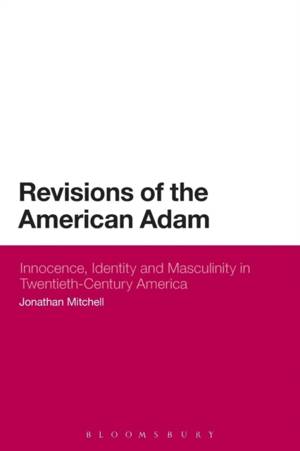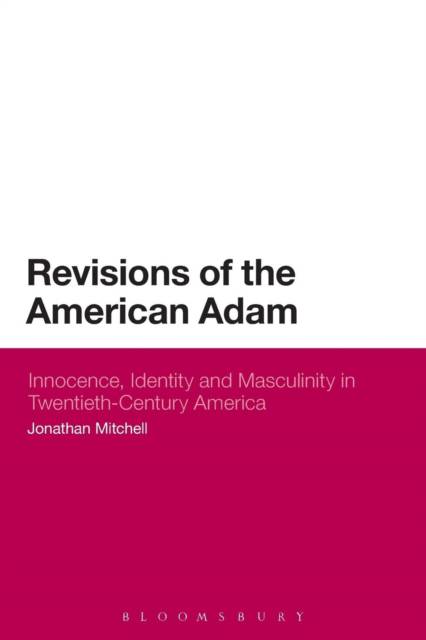
- Retrait gratuit dans votre magasin Club
- 7.000.000 titres dans notre catalogue
- Payer en toute sécurité
- Toujours un magasin près de chez vous
- Retrait gratuit dans votre magasin Club
- 7.000.0000 titres dans notre catalogue
- Payer en toute sécurité
- Toujours un magasin près de chez vous
Revisions of the American Adam
Innocence, Identity and Masculinity in Twentieth Century America
Jonathan Mitchell
88,45 €
+ 176 points
Format
Description
The figure of the American Adam is a prevalent myth in US cultural history. Defined by R.W.B. Lewis in 1955 as "the hero of new adventure . . .an individual standing alone, self-reliant and self-propelling, ready to confront whatever awaited him with the aid of his own unique and
inherent resources", the figure is discernable in the American renaissance writers and in the imagery of the frontiersman, cowboy, gangster as well as in the heroes of US action movies.
the complexities and contradictions of Adam's 'real' condition of existence to show how the paradigm influences both masculinity and subsequently hegemonic US identity as represented throughout twentieth-century US culture.
Spécifications
Parties prenantes
- Auteur(s) :
- Editeur:
Contenu
- Nombre de pages :
- 176
- Langue:
- Anglais
- Collection :
Caractéristiques
- EAN:
- 9781472506436
- Date de parution :
- 24-10-13
- Format:
- Livre broché
- Format numérique:
- Trade paperback (VS)
- Dimensions :
- 156 mm x 234 mm
- Poids :
- 254 g

Les avis
Nous publions uniquement les avis qui respectent les conditions requises. Consultez nos conditions pour les avis.






